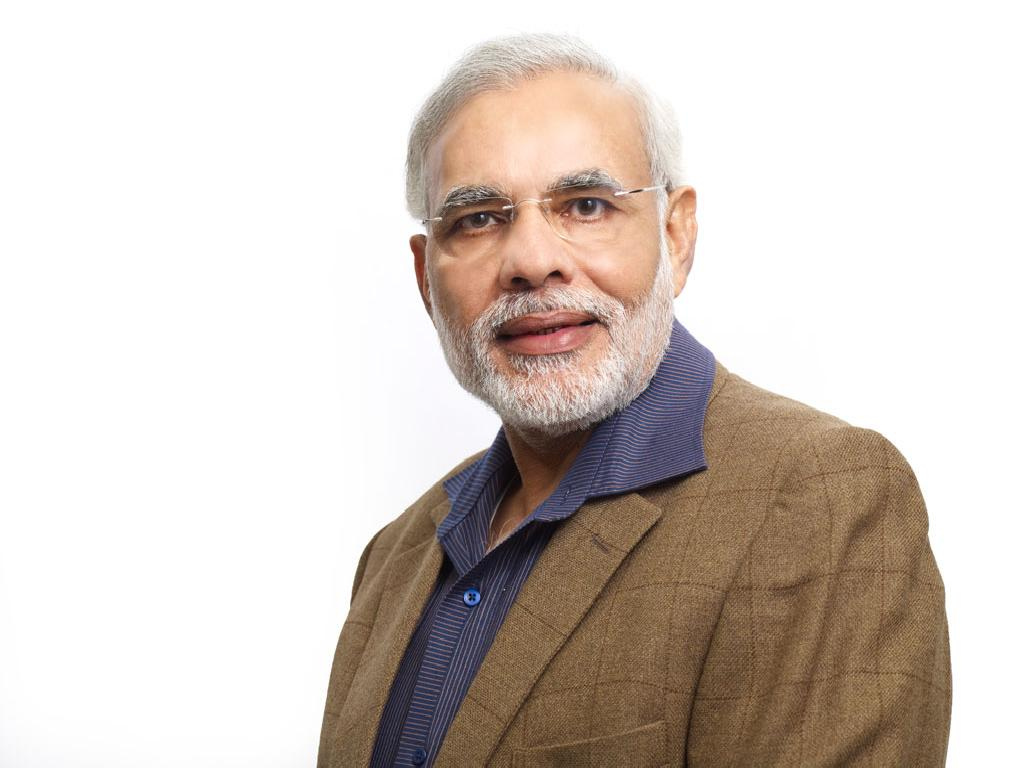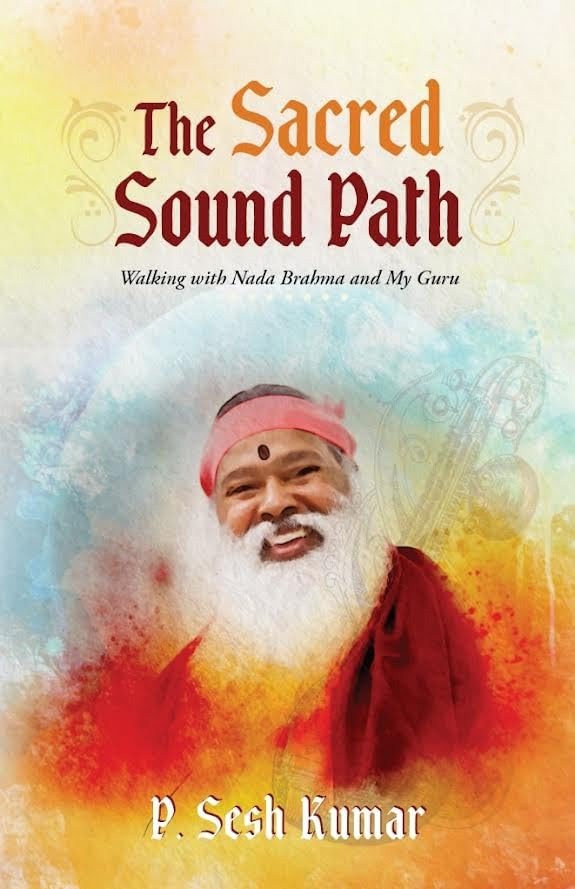Mr. Modi, nobody else will fight our war
Ravi Shanker Kapoor | September 23, 2016 12:07 am

Many in India are jubilant that two influential American lawmakers have introduced Pakistan State Sponsor of Terrorism Designation Act (HR 6069) in the United States House of Representatives to label Pakistan a sponsor of terrorism. The lawmakers are Republican Congressman Ted Poe, Chairman of the House Subcommittee on Terrorism, and Congressman Dana Rohrabacher of the Democratic Party, a ranking member of the influential Congressional Committee on Terrorism. However, there is a crucial question that we need to ask: what have we done in this regard?
The role of Pakistan as a sponsor of terror was known even in the 1980s; it first supported the Khalistani militants and then Kashmiri terrorists. But it was only after the attack on the Uri camp that killed 18 soldiers that a high-ranking Indian government functionary made an unequivocal statement. Immediately after the outrage, Home Minister Rajnath Singh said, “Pakistan is a terrorist state and it should be identified and isolated as such.”
But this statement has remained a one-off affair with little follow-up action: we have not broken any ties with Pakistan; their High Commissioner is in New Delhi and ours in Islamabad; there is no report of ending economic relations, nor is there any word on stopping Track-1, Track-2, Track-3… interactions. So, why do we ask the US and the rest of the world to sever their relations with Pakistan? And how realistic it is to expect the US to dump its old ally in favor of India which, during the cold war, was in the opposite camp (despite the pretensions of non-alignment)? Which even now is not willing to fully align with Washington in the latter’s bid to contain China. Which is still interested in keeping the myth of non-alignment alive, as evident from the participation of the Vice-President in the NAM circus in Venezuela. Which, despite the rhetoric, refuses to shed the hesitations of history.
At any rate, the time for the medicine for the marginalization of Pakistan is over. We could have used it anytime in the last three decades. I wrote in January 2013 (http://www.theanalystworld.com/butchered-jawans-callous-politicians-ravi-shanker-kapoor/) that “there is a lot India can do to pressure Pakistan mend its ways without firing a shot. For that, the political class has to first resolve that the western neighbor ought to be punished. Second, we have to end all diplomatic and trade ties with it. Yes, it will mean the giving up of all what [Congress leader and former Union minister Mani Shankar] Aiyar says has been gained in the last many years. There will be an economic cost; there will also be the political cost in term of Muslim anger. But these costs have to be borne by those who want to take on Pakistan. There may not be very large number of politicians who would want this―and certainly there are none among the ‘secular’ ones―but that is beside the point. What I want to underline is the range of peaceful actions that we can take against Islamabad.”
Further, I wrote, “we can use our economic might to bring Islamabad to its knees. We can forcefully ask Pakistan’s international backers and supporters to pressure it to hand over the culprits of 26/11, the torturers of Capt Saurabh Kalia and his five comrades, the recent offenders, and so on. We can launch a drive for the disbanding of the Friends of Democratic Pakistan (FoDP)… India has the heft to launch, overtly as well as covertly, speculative attacks on Pakistan’s currency. We can also take measures to exacerbate its trade deficit, which during July-November 2012 exceeded the $8-billion mark.”
We could also have asked—openly or surreptitiously, using persuasion or coercion—multinational corporations to withdraw from Pakistan. We could have offered them a choice: India or Pakistan; if you choose Pakistan, we’ll throw you out. Few, if any, would have quit the vast Indian market for the puny, tottering failed state.
These and other measures would have hurt India but they would have hurt Pakistan much more. But, fortunately or unfortunately, the time for all these is over, for when an inordinate delay in medication necessitates surgery. The only honorable option left for India is military action, by way of surgical strikes, bombardment, or something similar.
There are a lot of experts who tell us that any military response from India runs the risk of ‘escalation’; along with Pakistan nuclear weapons, the e-word is being used excessively to scare us.
The convenient option for Modi today is inaction: America will be happy, as also will be Pakistanis, jihadists, and their sympathizers in India; liberals will also be pleased by the ‘calibrated response’ and ‘nuanced approach’ of the Prime Minister; for a change, they may even say a few words praising. Of course, the spokespersons of the Sangh Parivar will have to deploy a great deal of sophistry and subterfuge to justify the cowardice, but then they are quite adept in casuistry. It is indubitable though that Modi and his saffron brotherhood will have to suffer the slings and arrows of opprobrium, for the wages of convenience is eternal ignominy.
The difficult, but the only effective, option is, as Shakespeare wrote, “to take arms against a sea of troubles and by opposing end them.” This option is also in tune with the ideology of his party and what he has been saying in the last few years. Besides, the Prime Minister needs to remember that nobody else will fight our wars.
In other words, he has to choose between convenience and principles. The American conservative philosopher William Buckley said, “Principles have edges, principles cut; and blood is drawn, and people get hurt.”
Will Modi stick to principles, or will he seek comfort in the comforts of the dangerous pacifism that is promoting jihad? The clock is ticking.































